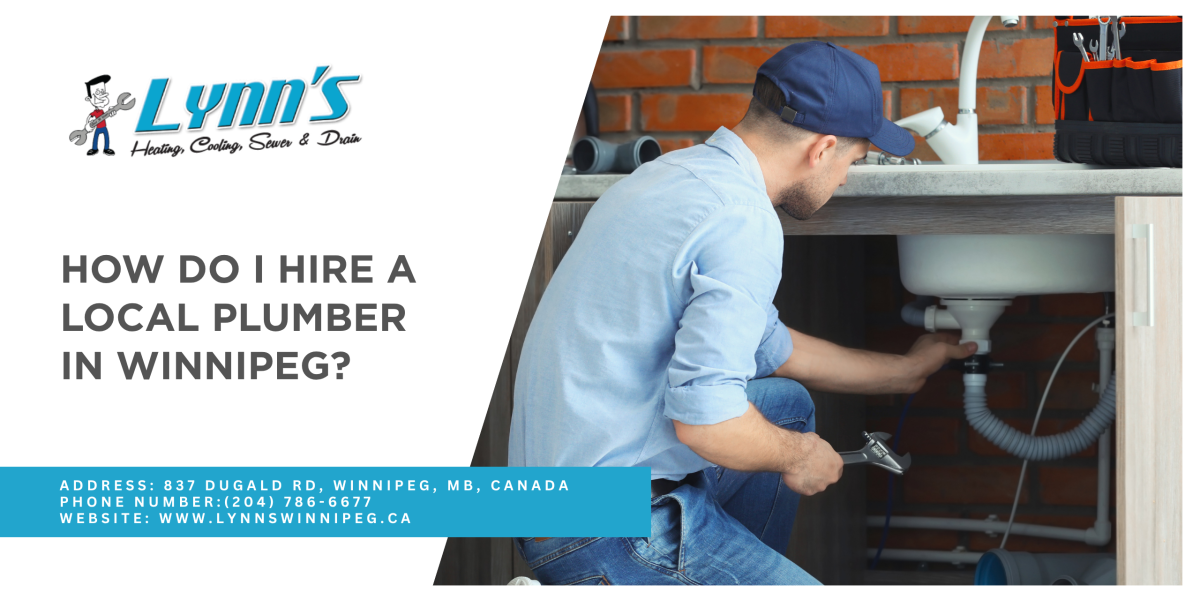How to Hire a Licensed and Reliable Local Plumber: Key Steps for Homeowners
Homeowners facing plumbing issues such as leaking pipes, backed-up drains, or broken water heaters often need prompt and qualified assistance. Knowing how to hire a licensed and experienced local plumber is essential for resolving plumbing problems efficiently and within code requirements.
To support consumers in making informed hiring decisions, the following step-by-step guide outlines the most reliable practices for selecting a plumbing contractor:
1. Gather Recommendations from Personal Contacts
Homeowners are encouraged to consult with trusted individuals, including family members, coworkers, and neighbors, to obtain referrals. Questions regarding timeliness, professionalism, and quality of work can help evaluate each recommendation.
2. Review Online Platforms
In addition to referrals, prospective clients should conduct online research. Sites such as Google Reviews, Yelp, HomeStars, and TrustedPros provide public ratings, customer feedback, and images of completed work. A well-rated plumber with consistent reviews and comments regarding punctuality and transparent pricing is more likely to offer dependable service.
3. Verify Credentials and Insurance
In provinces such as Manitoba, plumbers are required to hold valid trade licenses. Clients should request documentation confirming license status, liability insurance coverage, and workers’ compensation. This ensures compliance with local regulations and protects both the property owner and the plumber.
4. Confirm Experience and Services Provided
Plumbing professionals should have verifiable experience in the relevant type of work, whether it involves drain cleaning, fixture installation, or gas fitting. Key questions include the length of time in business, previous experience with similar jobs, and the availability of references or project photos.
5. Obtain a Detailed Estimate in Writing
A qualified plumber should provide a written estimate outlining the scope of work, materials, labor costs, timeline for completion, and warranty information. This helps prevent misunderstandings and identifies any potential hidden costs.
6. Ask About Response Time and Emergency Services
Plumbing emergencies often require urgent response. Homeowners should confirm whether the plumber offers same-day or after-hours service and whether emergency rates apply.
7. Evaluate Communication and Professional Conduct
Initial interactions can reflect overall professionalism. Clients should note the speed of response, clarity of explanations, and adherence to scheduled appointments. A professional approach contributes to a more efficient service experience.
8. Consider Local Expertise
Hiring a local plumber provides advantages such as familiarity with regional plumbing systems, local building codes, and environmental conditions. For example, contractors in Winnipeg are typically familiar with issues like frozen pipes and aging infrastructure common to the area.
Lynn’s Plumbing, Heating & Cooling is one of the companies in Winnipeg recognized for consistent and timely service delivery. Contractors with a strong local presence are often better positioned for follow-up work, warranty coverage, and recurring service needs.
Selecting a plumbing professional involves more than a quick phone call. By gathering referrals, verifying credentials, reviewing online feedback, and requesting clear estimates, homeowners can make informed hiring decisions. These measures increase the likelihood of resolving plumbing problems safely and effectively.













